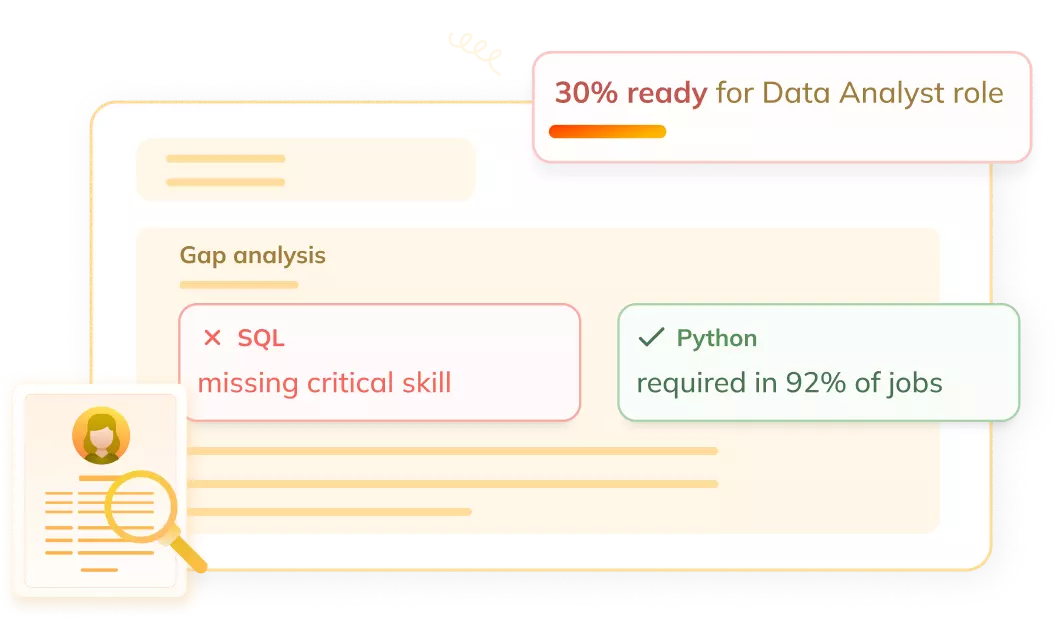Challenges Implementing Big Data Analytics
For data-intensive commercial computing, HPC has enormous potential. However, as data grows in velocity, variety, and volume, scaling compute performance utilizing enterprise-class servers and storage to keep up becomes increasingly difficult. According to one estimate, unstructured data accounts for 80% of all data today; unstructured data is expanding 15 times faster than structured data, and overall data volume is predicted to reach 180 zettabytes (1012 GB) by 2025. To put this in perspective, the total amount of data on the Internet in 2013 was expected to be 4 zettabytes.
The problem with business computers is that unstructured data contains a lot of meaningful patterns and insights. Information collection sensors, logs, emails, social media, pictures and videos, medical imaging, transaction records, and GPS signals are only some of the sources of this data. Big Data is the term for this avalanche of information. Big Data solutions can reveal important insights for improving consumer experiences, improving marketing effectiveness, increasing operational efficiencies, and reducing financial risks.
It is extremely difficult to scale compute performance and storage linearly in order to process Big Data. Data is stored in a central server in classic nondistributed architecture, and apps access this central server to get data. Scaling is linear in this architecture; as data rises, simply add additional computation power and storage. The issue is that as data quantities expand, searching against a large, centrally hosted data collection becomes slow and inefficient, resulting in poor performance.
Importance of HPC
- It is utilized for scientific research, game-changing technologies, and improving people's quality of life.
- It serves as a foundation for scientific and industrial progress.
- It is utilized in technologies such as IoT, AI, and 3D imaging. As technology improves and the amount of data consumed by organizations grows dramatically, we need high-performance computers to increase computer ability.
- HPC is utilized in a variety of disciplines to address complicated modeling challenges. AI, nuclear physics, climate modeling, and other fields are included.
- HPC is used in business applications such as data warehouses and transaction processing.
Need of HPC
- It will accelerate the completion of a time-consuming activity.
- It will complete an operation within a short time frame and do a large number of operations per second.
- It is rapid computing because we can calculate in parallel over a large number of calculation elements such as CPUs, GPUs, and so on. It established a highly quick network to connect the elements.
Must Read Shift Registers in Digital Electronics
FAQs
1. What does HPC mean?
The ability to analyze data and conduct complex calculations at rapid speeds is referred to as high-performance computing (HPC). In comparison, a laptop or desktop with a 3 GHz CPU can execute around 3 billion calculations per second.
2. What is HPC used for?
In general, high-performance computing refers to the process of combining computing resources in order to solve significant issues in science, engineering, or business at substantially higher performance than a conventional desktop computer or workstation.
3. What are the components of HPC?
High-performance computing solutions are made up of three major components: computation, network, and storage.
4. What is central computing?
Centralized computing is a computing architecture in which all or most of the processing/computing is done on a central server. Centralized computing allows for the deployment of all computing resources, administration, and management of a central server.
Key Takeaways
In this article, we have discussed the following topics:
- High Performance Computing
- HPC in Big Data analysis
- Need of HPC
- Importance of HPC
Want to learn more about Machine Learning? Here is an excellent course that can guide you in learning.
Happy Coding!




